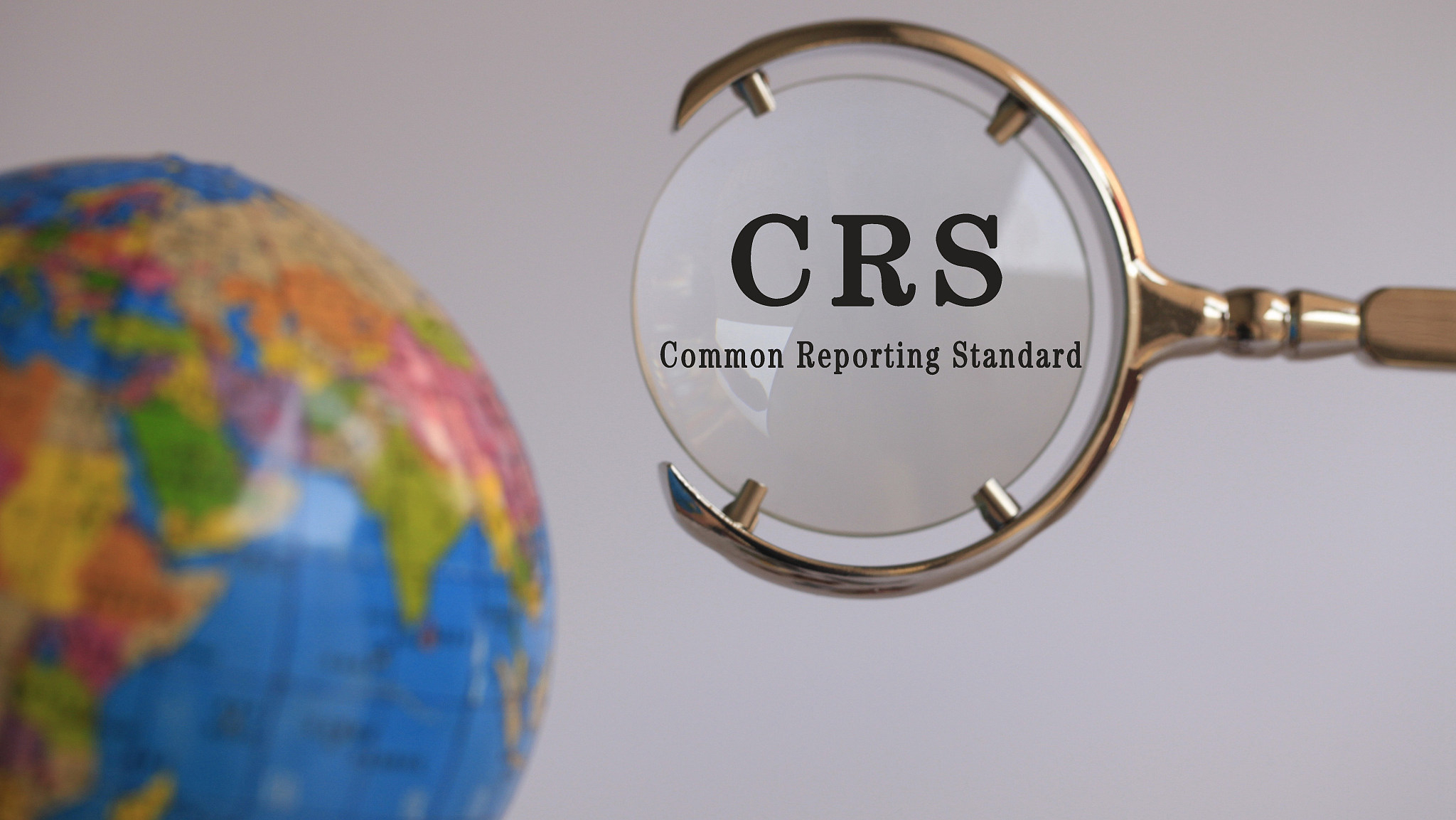
(Photo: CGTN)
Editor's note: The following is based on an interview with Liu Baocheng, Dean of the Center for International Business Ethics, at the University of International Business and Economics. The article reflects the author's opinion, and not necessarily the views of CGTN.
Starting this month, China begins sharing residents' tax-related information with 83 countries. It means the tax authorities in different countries will now be able to know what Chinese citizens are doing with their money overseas. The move is part of the Common Reporting Standards, or CRS – an international agreement on sharing tax information.
Hard days are coming for money launderers and tax evaders.
By sharing information about its own residents, the country can gather data on income undisclosed by its citizens with overseas assets and incomes. It will be able to collect more income taxes from more people and investigate more kinds of foreign investment. At the same time, it will be more difficult for high-net-worth individuals to hide their income abroad.
Global tax evasion remains a major problem for governments. Against this backdrop, 103 countries have agreed to CRS.
Liu Baocheng, Dean of the Center for International Business Ethics, at the University of International Business and Economics thinks China's participation in a treaty shows China is highly committed to cooperating with the global community on the financial reporting system.
It's also a fair way of doing business for companies in terms of transparency and disclosure, Liu Baocheng said.
Forward-looking organizations can use this opportunity to enhance business models, improve data quality and analytics capabilities – resulting in better customer service and better operations.
The sharing of data also allows for international assistance in fighting anti-corruption.
Tax evasion and tax fraud is often times an international affair, said Liu. It occurs within a country and across countries. Thus, a single country cannot solve the problem on its own. Countries need to work more together and internationally to combat the problem at home and abroad.


